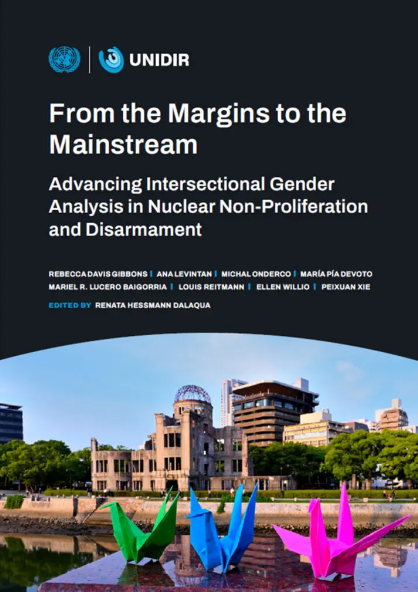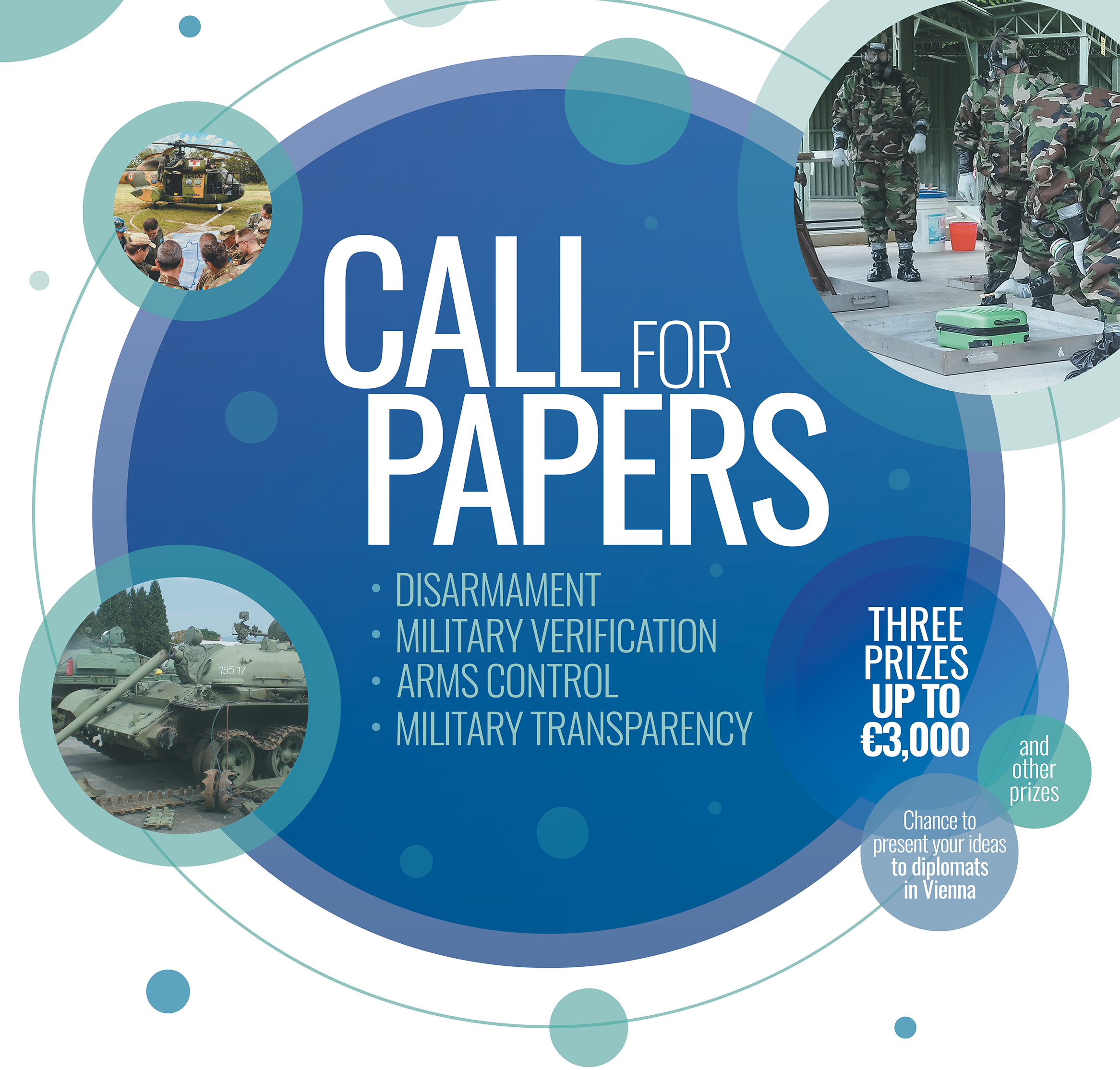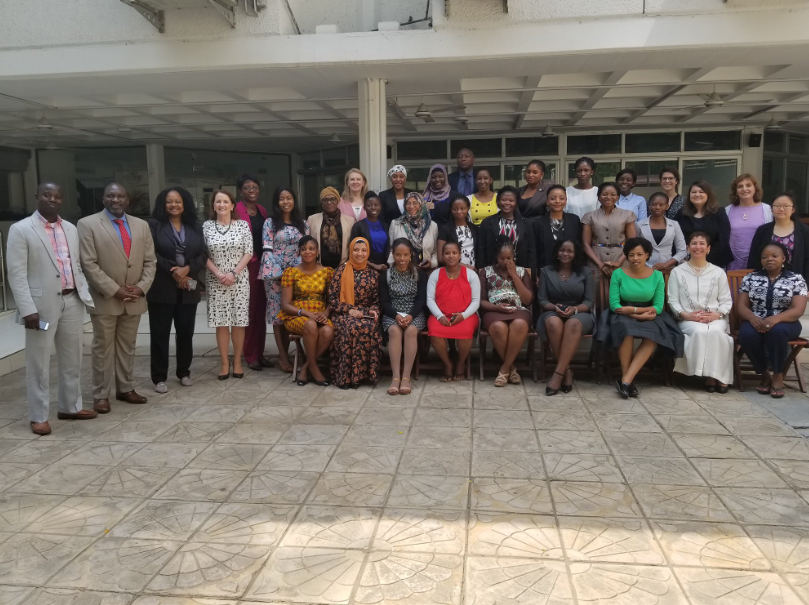

VCDNP Research Associate Louis Reitmann contributed a research paper to a new volume on intersectional gender perspectives on nuclear weapons, published by the United Nations Institute for Disarmament Research (UNIDIR). In his paper “The Scientific Case for Diversity in Nuclear Weapons Policy-Making”, Mr. Reitmann analyses empirical findings from psychology and behavioural science that demonstrate diversity’s potential to create more effective nuclear weapons policy.
Building on interviews conducted by Mr. Reitmann, the paper includes insights and reflections about the value of diversity from well-known senior policy-makers, diplomats, and experts from across the nuclear field.
Analysing the homogeneity, hierarchical working methods, and intellectual orthodoxy in the ‘nuclear priesthood’ - the policy community controlling the strategic-military aspects of nuclear weapons policy - he illustrates how this leads to strategic fallacies, depletes human capital, and limits leaders’ horizons for alternative policy options.
“This community’s lack of diversity makes it vulnerable to groupthink, inhibits innovation and prevents the critical questioning of baseline assumptions. Considering the stakes of nuclear weapons policy, its inability to develop innovative strategies to reduce nuclear risk is concerning.”
While pro-diversity advocates have relied heavily on the ‘business case’, which claims that greater diversity leads to better performance, Mr. Reitmann argues that this simplistic logic does not reflect diversity’s complex effects on human and produces misguided, ineffective diversity measures. For a more nuanced, evidence-based understanding of diversity’s impact on policy processes, he makes a scientific case, based on empirical findings from psychology and behavioural science that diverse teams better understand tasks, make fewer mistakes, are better problem solvers, and identify and address errors more successfully.
“In short, the research demonstrates that for innovative proposals to be made, heard and considered, it is important to have capable individuals who can contribute smart ideas, but it is even more important that these individuals are grouped in diverse teams.”
At the same time, studies show that diversity can have adverse effects on collaboration if not managed correctly. Building on these insights, Mr. Reitmann provides recommendations for governments and NGOs on maximising the benefits of diversity for more effective, innovative nuclear weapons policy-making, for example, to avoid traditional diversity measures and instead promote a community workplace culture, activate social accountability, and accept and correctly respond to resistance to diversity efforts.

